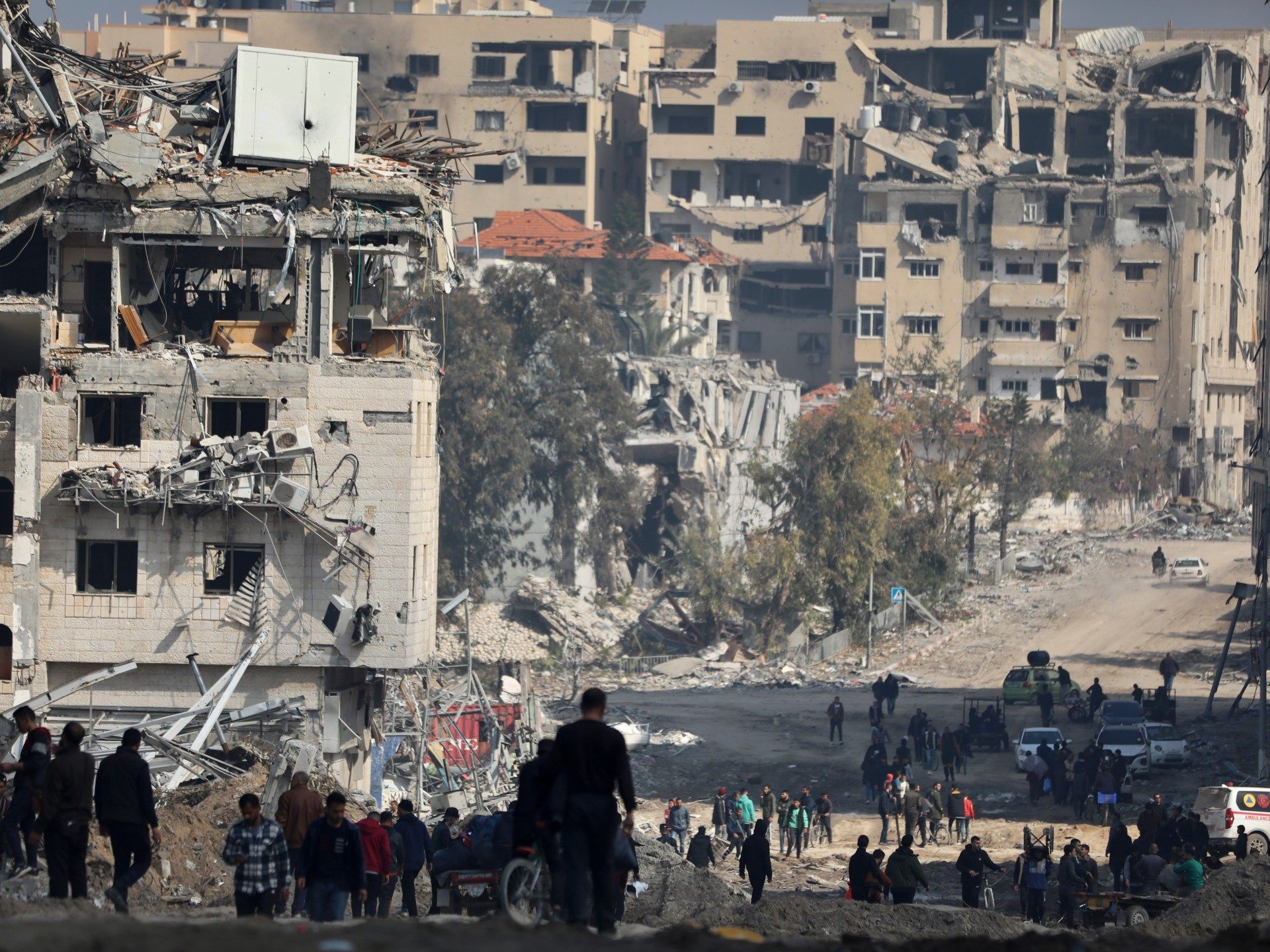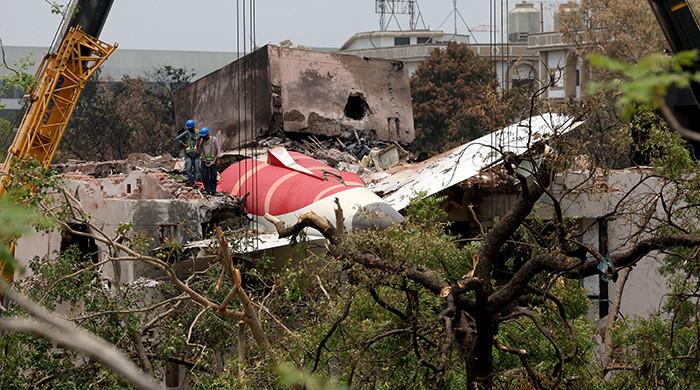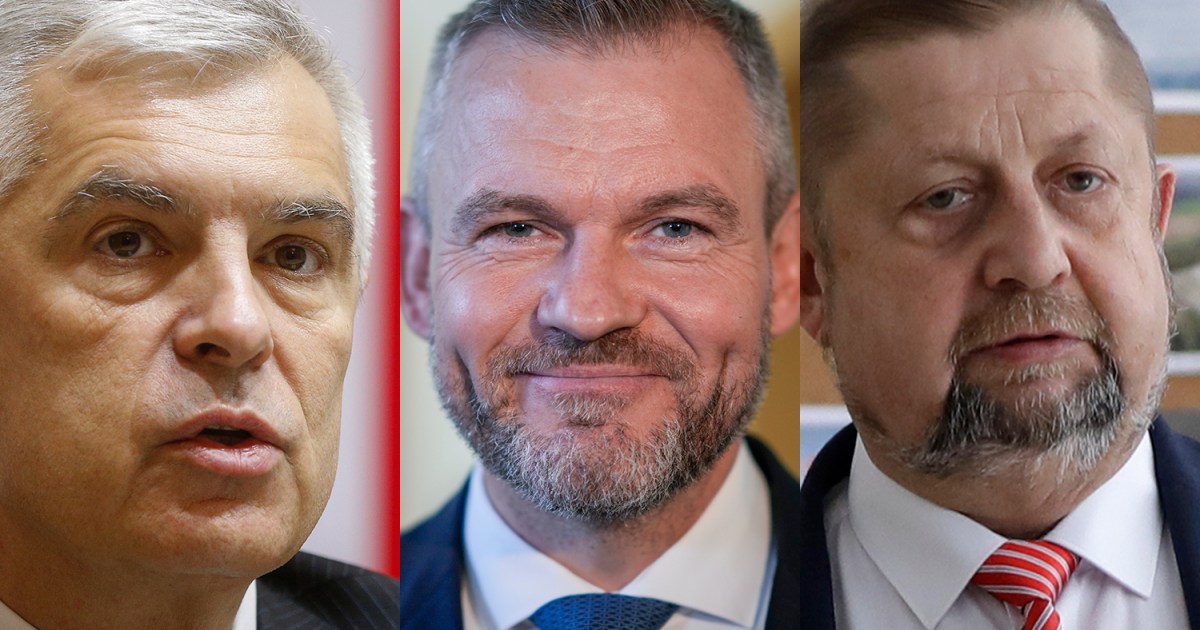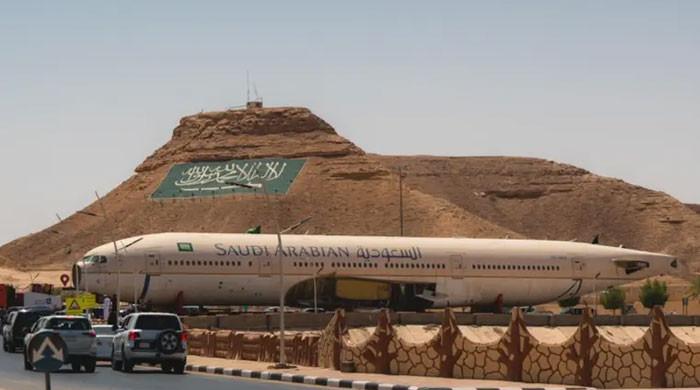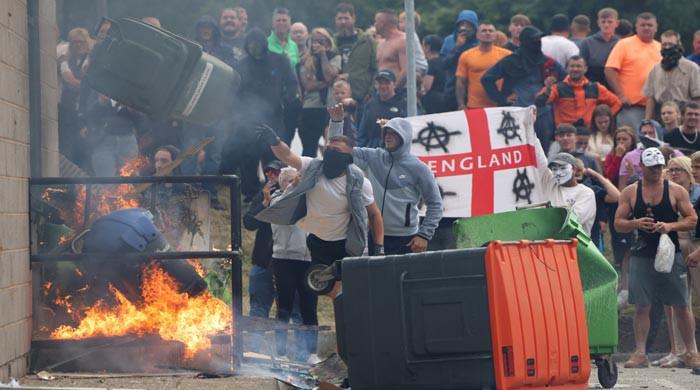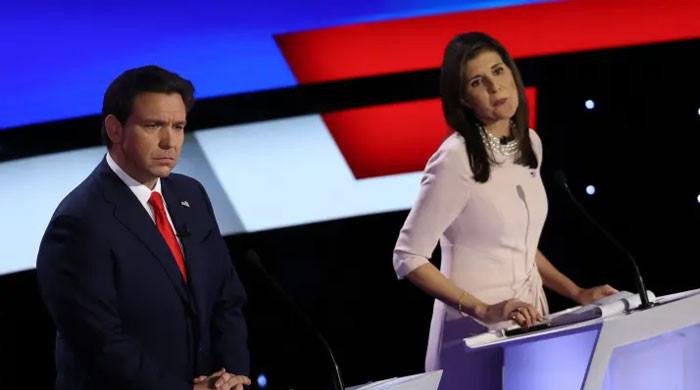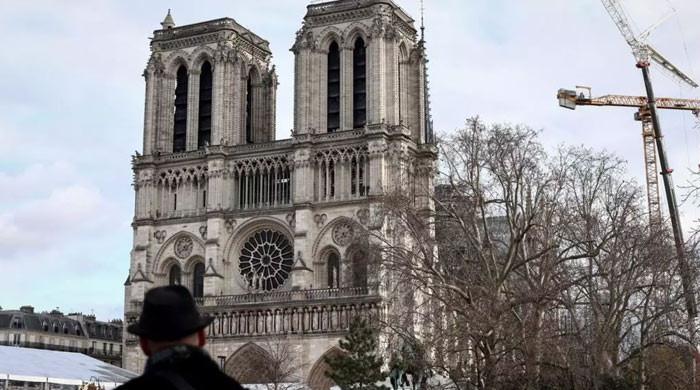Hamas is studying a framework proposal presented by Israel, the United States, Qatar and Egypt in Paris for a truce and prisoner exchange in Gaza.
The Palestinian group has not yet officially commented on the proposal, which was drawn up several days ago in the French capital after mediated negotiations. US President Joe Biden has suggested that a cessation of fighting could come within a week, but for now, the conflict, which has killed nearly 30,000 people in the enclave, persists, the fighting continues and much of the 2.3 million inhabitants suffer from hunger.
The proposal provides for a pause in hostilities that could last for six weeks, Al Jazeera Arabic reports citing informed sources. That would allow the release of 40 Israeli captives held by Hamas in exchange for 400 Palestinians currently in Israeli prisons.
“That would include women, children, older men and those who may have medical conditions. It would involve the repositioning of the Israeli army to allow more people to move freely through the Gaza Strip,” said Al Jazeera's Willem Marx, reporting from occupied East Jerusalem.
“It would include the cessation of aerial reconnaissance by the Israeli army for up to eight hours a day. That's something we saw during the last series of prisoner exchanges. [last November] where drones in particular were moved away from areas where prisoners could be released,” he said, adding that a significant increase in the flow of aid to Gaza is also part of the deal.
Reuters quoted an anonymous source as saying that Gaza hospitals and bakeries would be repaired and that up to 500 aid trucks could enter the enclave each day as part of a deal.
The news agency also reported that the framework proposes the gradual return of all displaced Palestinian civilians – except men of military service age – to the northern Gaza Strip, and the repositioning of Israeli forces away from densely populated areas. of the enclave.
Delegations from Israel and Hamas are reported to be in Doha, the capital of Qatar, to continue negotiations, albeit separately.
Mediators were reported to have hoped to reach an agreement before the start of the Muslim holy month of Ramadan, which is likely to begin on March 10.
“Ramadan is approaching and the Israelis have agreed that they will not participate in activities during Ramadan as well, to give us time to remove all the hostages,” Biden said in comments broadcast on US television early Tuesday.
Hamas has yet to officially comment, but sources reportedly suggested to Reuters that Biden's comments about stopping the fighting were “premature” and that “there are still large gaps that need to be bridged.”
Hunger
The need for an agreement to accelerate humanitarian aid becomes increasingly urgent as warnings about famine increase.
Samantha Power, administrator of the U.S. Agency for International Development (USAID), said Monday that Gaza needs more than 500 trucks of aid a day, but has been receiving only about 85 over the past week, despite warnings. of “catastrophic consequences.
Hamas said the same day that not bringing aid to Gaza “is a shame for humanity that history will not erase” and sharply criticized the Biden administration for facilitating what the UN has called a “man-made disaster.”
A month after the International Court of Justice's emergency ruling for Israel to prevent acts of genocide in Gaza, Hamas said the world “is witnessing the escalation of the occupation's crimes and violations.”
Israeli Prime Minister Benjamin Netanyahu has repeatedly said that even if a deal is reached, it would only serve to delay an imminent ground invasion of Rafah, Gaza's southernmost city on the border with Egypt, where 1.4 million are sheltered. of Palestinians, most of whom have been displaced.
Hostilities continued on Tuesday. Israeli forces claimed to have killed dozens of Hamas fighters in Gaza City when they discovered weapons and rocket launcher manufacturing facilities in tunnels as well as in battles in central areas of the enclave.
Adding to the pressure to reach an agreement on the Paris proposals, the United States is trying to pass a UN resolution expressing support for diplomatic efforts to “urgently” reach a “temporary ceasefire” agreement, according to a copy seen by Al Jazeera's Rami Ayari.
U.S. Ambassador to the U.N. Linda Thomas-Greenfield said in an interview Monday that she believed the U.S. “alternative resolution” is “more relevant to supporting efforts on the ground to achieve that temporary ceasefire.” .
The proposed new text comes after the United States vetoed a UN Security Council resolution tabled by Algeria last week. Thomas-Greenfield claimed at the time that the Algeria resolution could interfere with ongoing truce talks.

